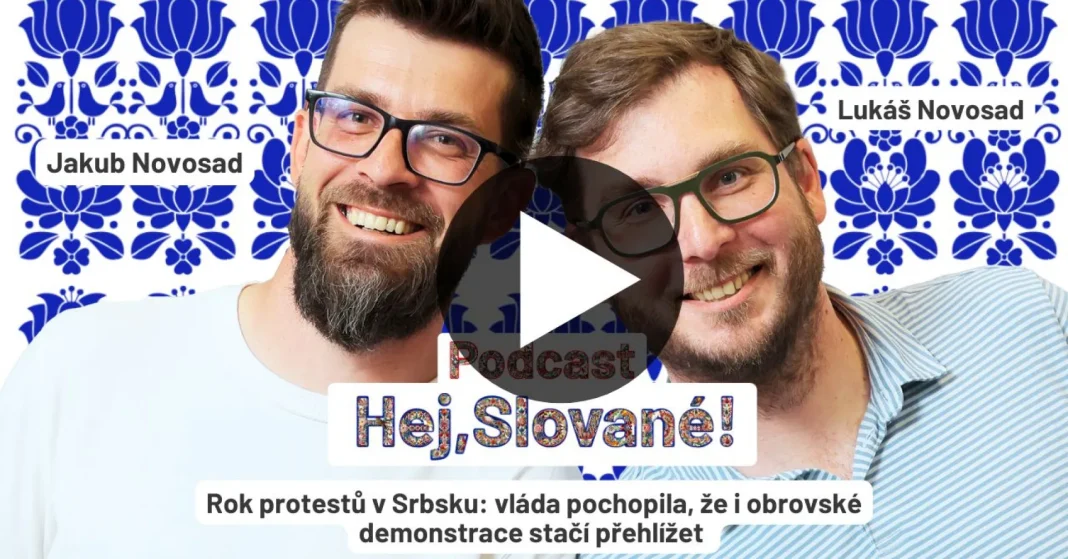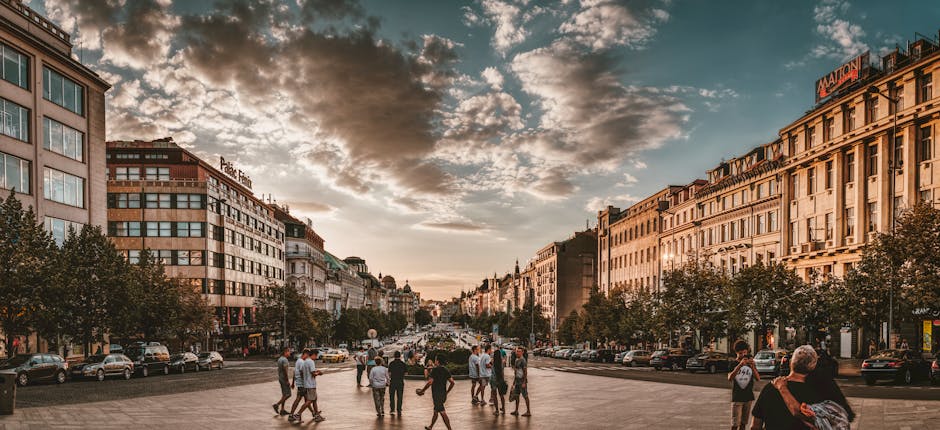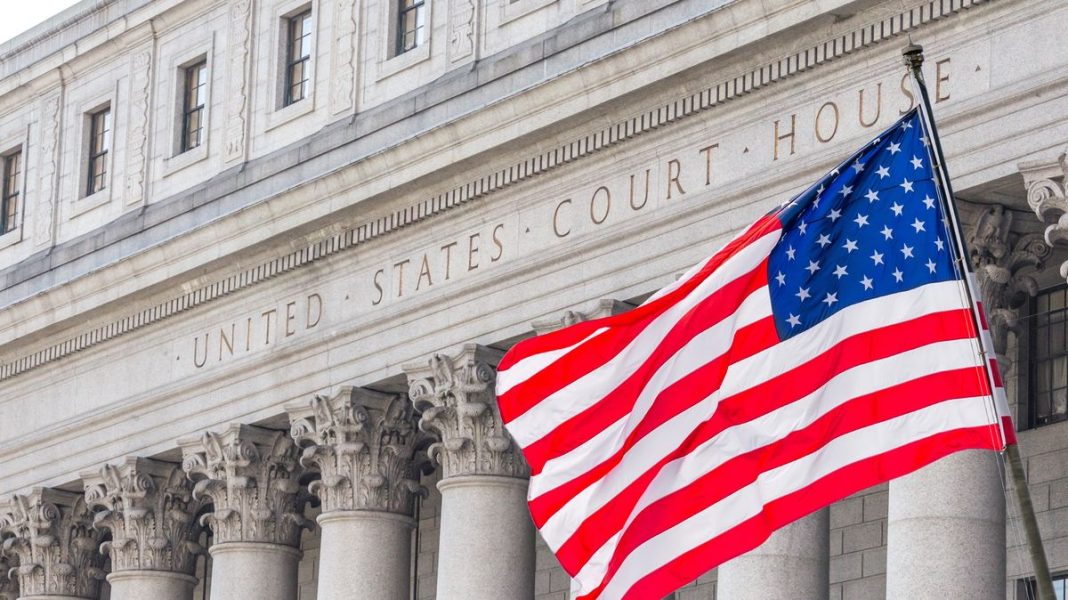Over the past year, Serbia has been gripped by a wave of protests, with citizens expressing dissatisfaction over various political and social issues. Despite the scale of these protests, the Serbian government appears to dismiss their significance, raising questions about the future of civic engagement in the country.
Background of the Protests

The protests in Serbia began last year and were initially triggered by issues such as electoral fraud, media censorship, and lack of transparency in government operations. The movement gradually gained momentum as more citizens joined to voice their concerns over declining democratic standards and increasing authoritarianism.
Frequent demonstrations have occurred in major Serbian cities, with diverse groups of people, including students, professionals, and activists, demanding accountability and reform. These protests reflect a deepening frustration with systemic problems that have long persisted in the country’s governance.
Government Response

The Serbian government’s response to these protests has been largely dismissive. Officials have often downplayed the size and importance of the demonstrations, labeling them as politically motivated or orchestrated by opposition forces. Such narratives have been consistently propagated through state-controlled media outlets.
Despite mounting pressure from both domestic and international communities, the government continues to avoid meaningful dialogue with protestors, focusing instead on maintaining the status quo. This approach has intensified public discontent and further estranged the government from its citizens.
Impact on Civic Engagement

The government’s dismissive stance on the protests has significant implications for civic engagement in Serbia. While the demonstrations initially fostered a sense of unity and empowerment among citizens, the lack of government response has led to feelings of disenchantment and helplessness.
However, these challenges have also inspired new grassroots movements and organizations committed to advocating for change. Many Serbians are now more determined to engage in social and political activism, seeking alternative ways to make their voices heard.
Looking Ahead

As Serbia stands at a crossroads, the future of its democracy may hinge on the government’s willingness to address the concerns raised by its citizens. Failing to do so could exacerbate existing tensions and lead to further unrest.
International observers have urged the Serbian leadership to engage in constructive dialogue with protestors and implement reforms that promote transparency and accountability. Such measures could help restore public trust and strengthen democratic institutions in the country.
The year of protests in Serbia underscores a critical juncture for the nation. While the government’s apparent ability to overlook large-scale demonstrations poses challenges, it also highlights the resilience and determination of its citizens advocating for a more democratic future.





